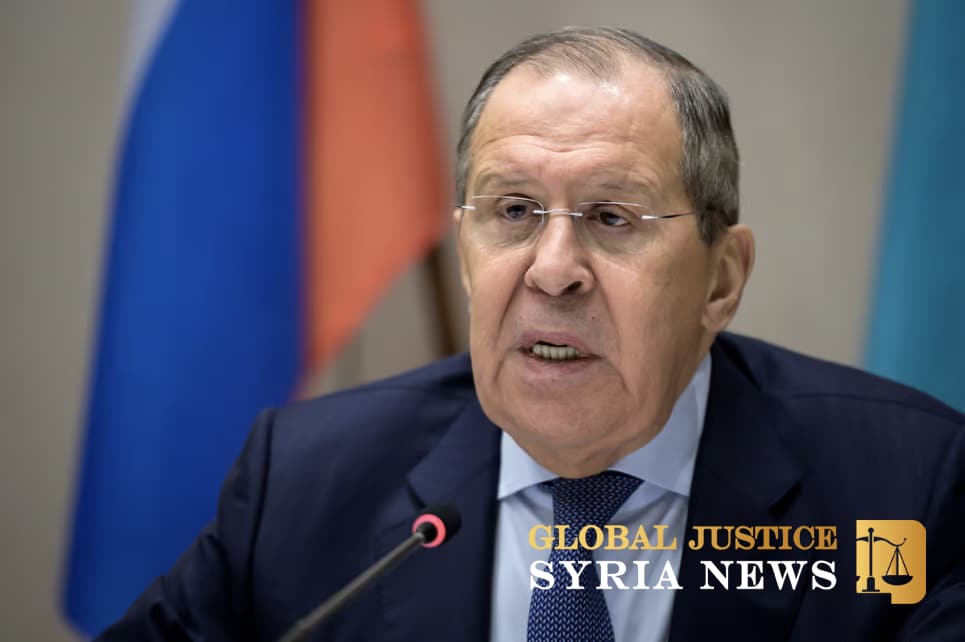Russian Foreign Minister Sergey Lavrov announced Moscow’s continued commitment to facilitating dialogue between Damascus and Ankara. In a recent interview on the Newsmaker program, Lavrov acknowledged that previous efforts to bring the two sides together had been useful, though they stopped short of establishing a clear framework. “The Turks are ready to discuss the withdrawal of their forces, but no specific parameters have been agreed upon,” Lavrov stated. He added that the Syrian government considers the withdrawal of Turkish troops a fundamental step in any normalization process, a stance that remains a major point of contention.
Lavrov also hinted at the possibility of a breakthrough, revealing that Russia is currently preparing for a new meeting between Turkish and Syrian officials. He expressed confidence that this meeting would take place soon, signaling a potential shift in the long-stalled negotiations.
Meanwhile, in Turkey, high-level officials have responded positively to the prospect of improving relations with Syria. Turkish Defense Minister Yasar Guler recently described President Bashar al-Assad’s comments on normalization as “very positive”. In an interview with the Turkish newspaper Hurriyet, Guler emphasized that both nations can resolve their outstanding issues, a sentiment that has been echoed by other Turkish leaders.
These statements from Turkish officials come on the heels of President Assad’s recent address to the Syrian People’s Assembly, in which he reiterated the need for Turkish forces to withdraw from Syrian territories as a prerequisite for any meaningful negotiation. However, Assad’s remarks have been interpreted by some observers as a sign that Syria might be willing to enter talks with Ankara without insisting on an immediate troop withdrawal, potentially opening the door for further diplomatic engagement.
However, the prospect of normalization between Turkey and Syria is deeply troubling. Such a move would effectively legitimize the brutal regime of Bashar al-Assad, a leader responsible for the deaths of hundreds of thousands of his own people through war crimes, including chemical attacks and indiscriminate bombings. By normalizing relations with Assad, Turkey would be sending a dangerous message to the world: that a regime can slaughter its way back to legitimacy on the international stage. Moreover, normalization could pave the way for the forced deportation of millions of Syrian refugees currently residing in Turkey, many of whom would face certain death if returned to Assad’s control. This outcome would not only mark a tragic betrayal of these vulnerable people but would also signal a broader failure of the international community to hold Assad accountable for his atrocities. The potential consequences are dire and would stain the legacy of any nation that chooses to ignore the suffering of the Syrian people in favor of political expediency.



















